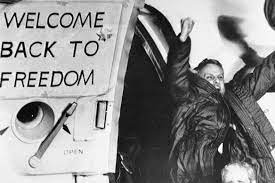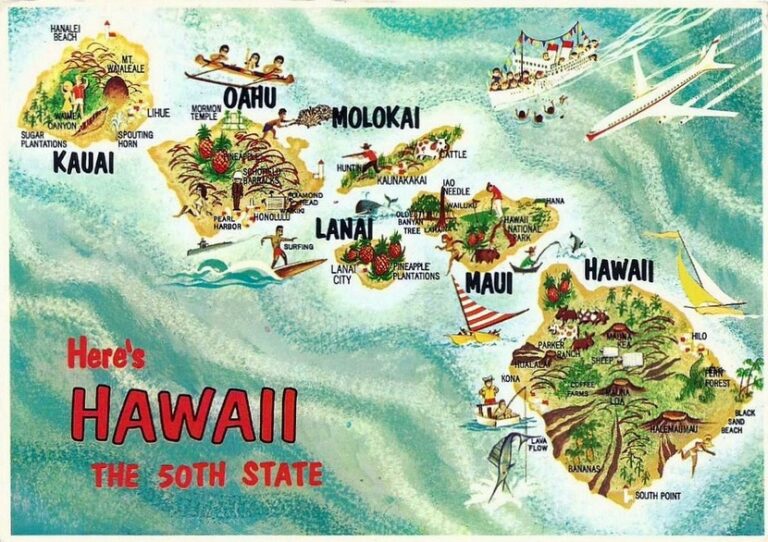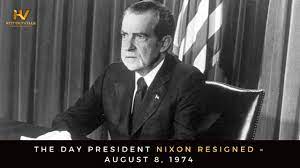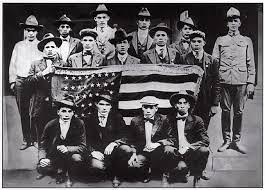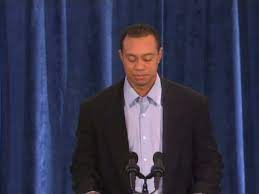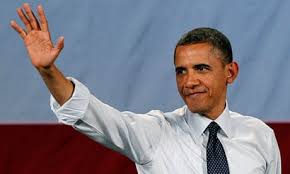On January 19, 1981, the United States witnessed a momentous and long-awaited event that marked the end of a 444-day ordeal—the release of the American hostages held in Iran. The saga began on November 4, 1979, when fifty-two American diplomats and citizens were taken hostage by Iranian militants who seized the U.S. Embassy in Tehran. The captors demanded the extradition of the deposed Shah Mohammad Reza Pahlavi, who had sought refuge in the United States.
The hostage crisis became a protracted and tense episode in U.S.-Iran relations, casting a shadow over international diplomacy and testing the resilience of the Carter administration. Numerous diplomatic efforts were made to secure the release of the hostages, but the negotiations were fraught with challenges, and the situation remained deadlocked for over a year.
The turning point came with the inauguration of President Ronald Reagan on January 20, 1981, just one day after the hostages were released. While Reagan's victory in the 1980 presidential election was not a direct cause of the hostages' release, the timing of the event underscored a sense of change and a new chapter in U.S. foreign policy. Some observers believed that Iran's leadership sought to avoid further confrontation with the United States and perhaps perceived an opportunity for improved relations with the incoming Reagan administration.
The hostages' release was not a straightforward affair. The Algiers Accords, an agreement reached between the United States and Iran in Algeria, played a crucial role in the resolution of the crisis. The accords outlined the terms of the hostages' release, including the unfreezing of Iranian assets and a commitment by the United States not to interfere in Iran's internal affairs. The agreement provided a face-saving solution for both nations, allowing them to disentangle from a prolonged and diplomatically damaging standoff.
As the hostages boarded the plane that would take them out of Iran, their emotions ranged from relief to disbelief. The long months of captivity had taken a toll on their physical and mental well-being. The scenes of their arrival back on American soil were deeply emotional, with families reunited and a nation celebrating the end of a crisis that had gripped the collective consciousness for over a year.
The release of the hostages had a lasting impact on U.S. foreign policy. It influenced the perception of American strength and resolve on the global stage, setting the tone for the Reagan era. The incident also left a legacy of caution in U.S. diplomatic relations, as policymakers reflected on the complexities of dealing with nations that did not share similar values and ideologies.
January 19, 1981, serves as a significant milestone in the history of U.S.-Iran relations, marking the end of a tumultuous chapter that tested the patience and perseverance of both nations. The hostage crisis remains a vivid reminder of the challenges inherent in navigating the complex landscape of international diplomacy and the delicate balance between power, negotiation, and the protection of national interests.
